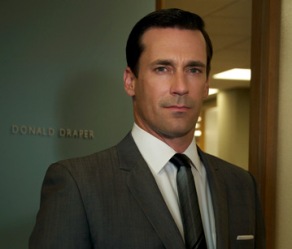If you’re in a band, chances are you feel like you’re supposed to be writing your own material. If you write your own songs, you can make more money from the publishing rights in addition to your album sales (should you, improbably, be selling albums.) But writing your own songs isn’t just a financial consideration. The influence of Bob Dylan and the Beatles created the expectation that popular musicians should be doing originals.
Before the mid-1960s, it was a different story. Pop and jazz artists mostly interpreted existing, familiar material, and only rarely wrote new stuff. Even the most prolific and brilliant jazz composers like Miles Davis and Thelonious Monk devoted album after album to arrangements of standards. Nobody arranged standards more radically and personally than John Coltrane.



